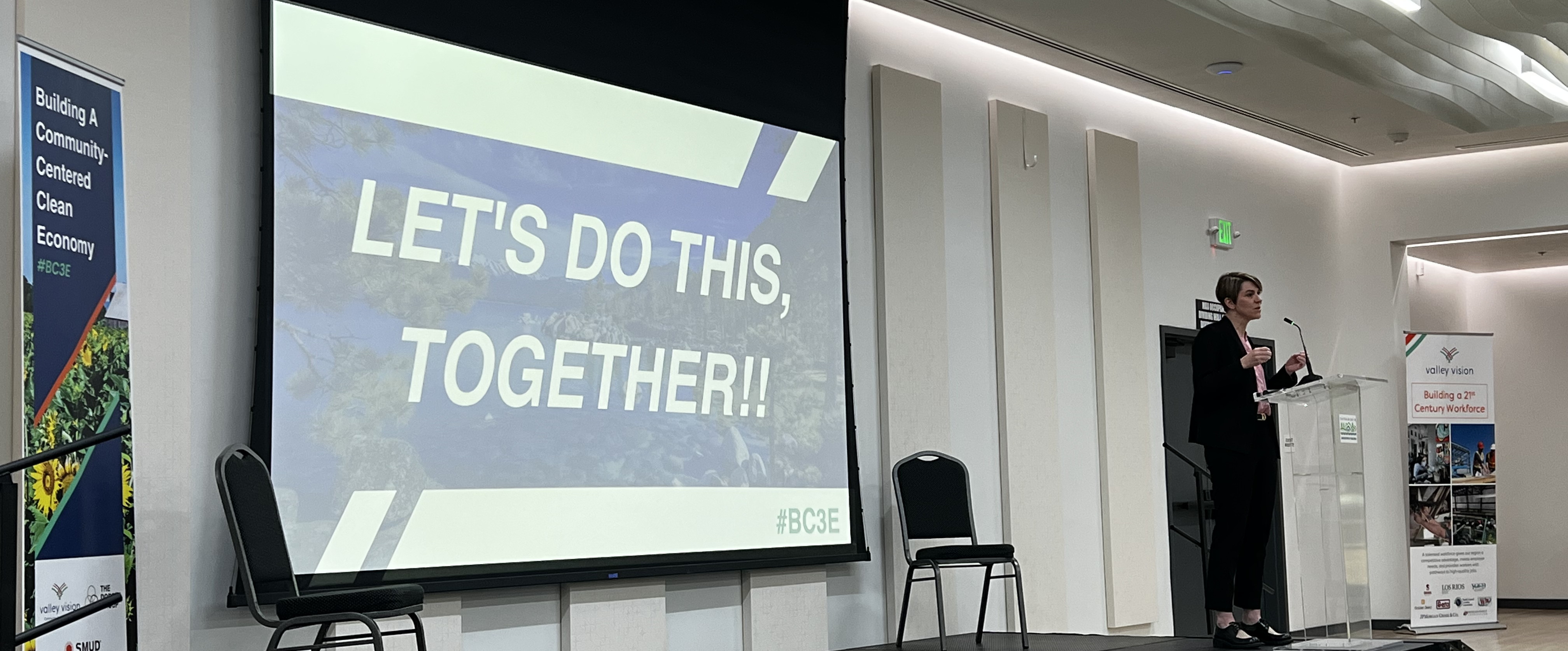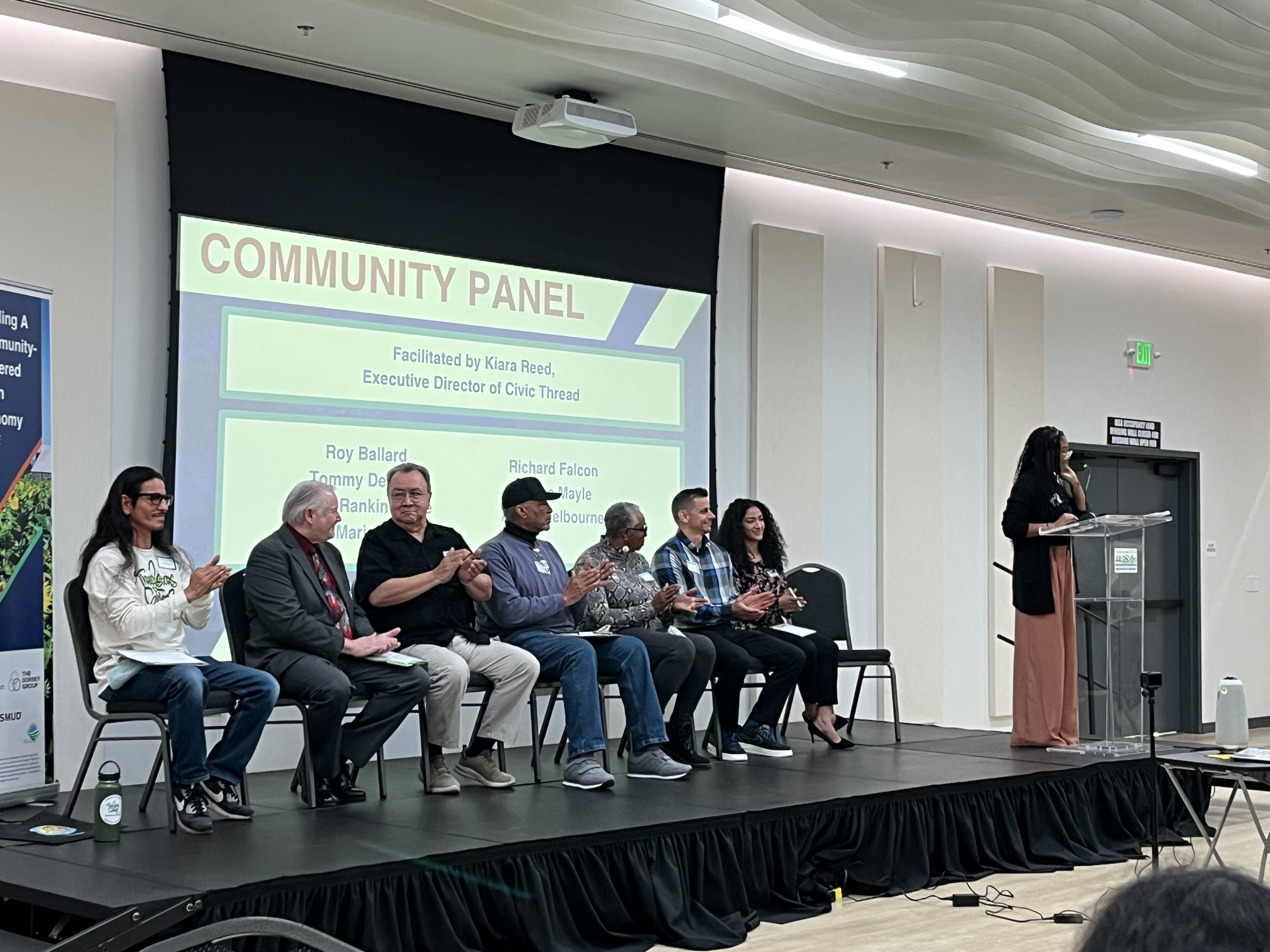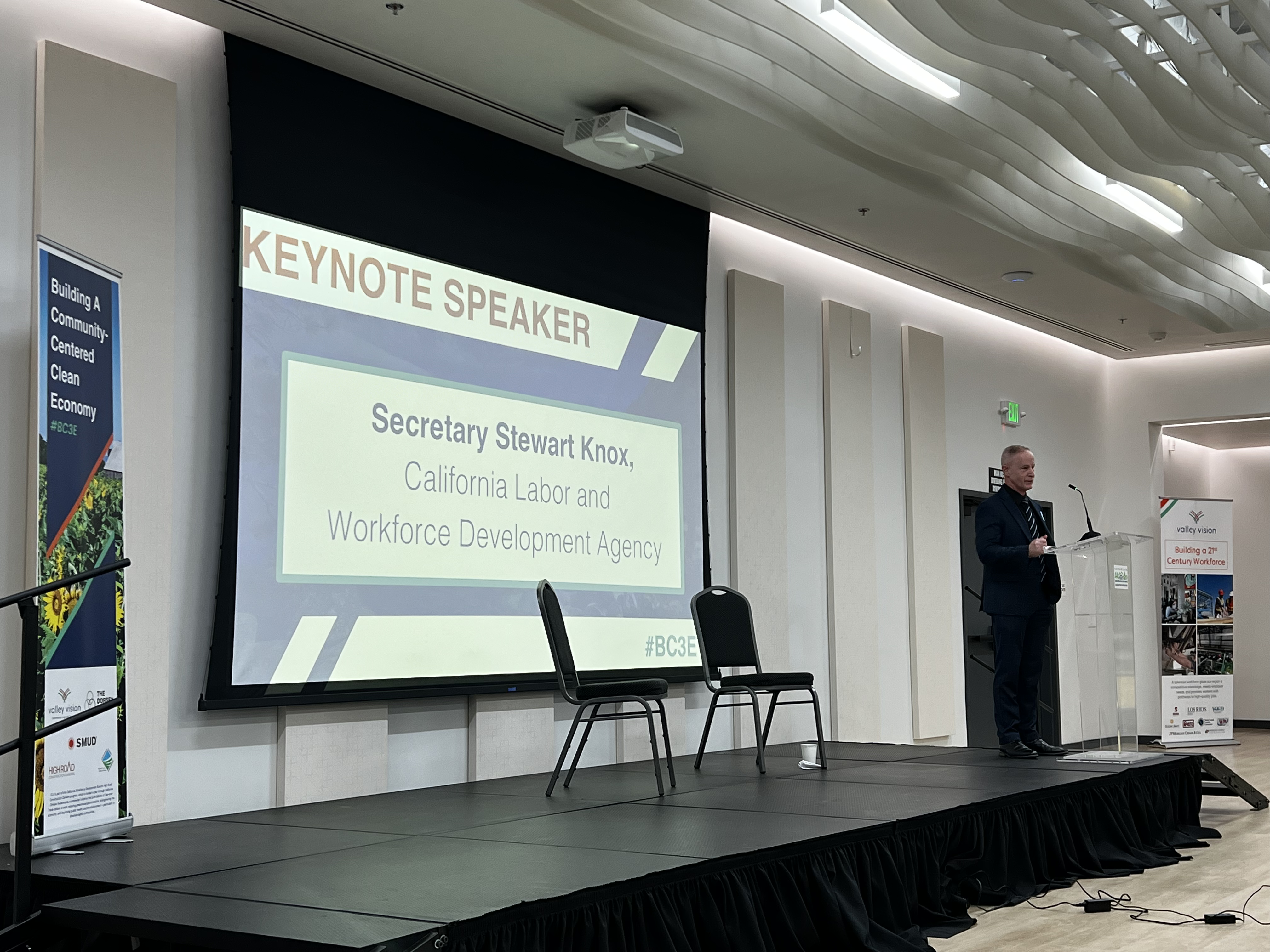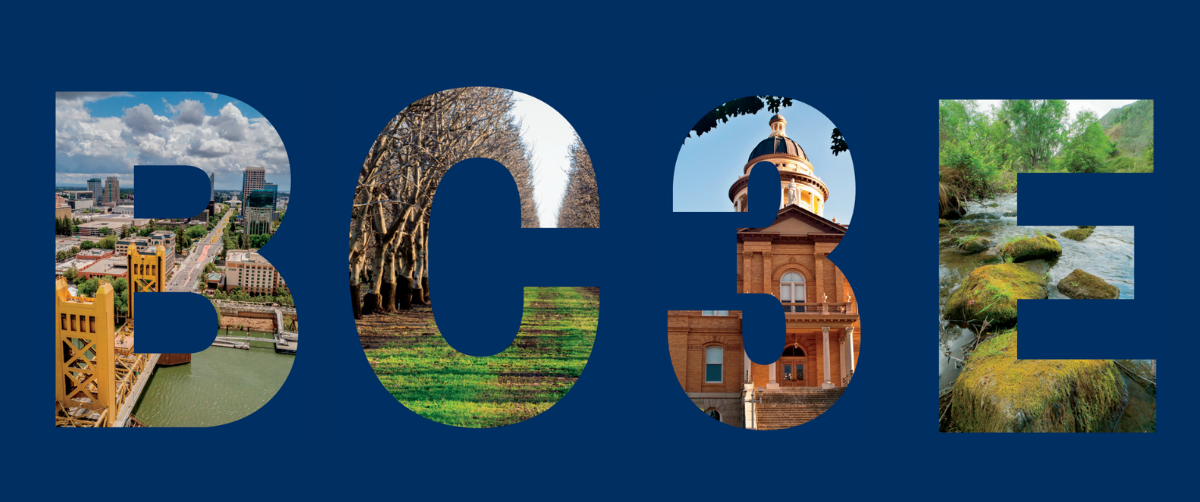Building a Clean Economy for Everyone: The Importance of Community Voice

Building a clean economy that benefits everyone requires more than just technological innovation. It requires prioritizing community voice, listening deeply, and engaging in uncomfortable but necessary conversations. These conversations require radical listening, an approach that involves empathetically engaging with people and deeply understanding their experiences, needs, and values. It requires acknowledging the impact of environmental and systemic injustices and centering the voices of those who have been most affected. Although not always an easy process, it is essential for creating meaningful change.
Valley Vision held a Building a Community-Centered Clean Economy hybrid event on February 13th centering community voices to advance our region towards a Clean Economy that works for everyone. CEO Evan Schmidt began the event by stating this is a historic time for investment in building a truly inclusive regional economy by valuing and genuinely incorporating the knowledge, experiences, and perspectives of our historically underserved community members. During the event, a video was shared of previously held Community First Listening sessions across Sacramento, Yolo and Placer counties. The event also featured a panel discussion of community members sharing their voices on the challenges and barriers to awareness and access to economic opportunities in the expanding clean economy.

Panel members expressed a clear need to meet people where they are. From youth to experienced adults, panel members discussed a lack of understanding of clean economy careers. Targeted outreach, engagement and education strategies need to be developed with specific populations in mind considering verbiage choice and modality of communication. Examples given included youth primarily using online platforms to access resources and information, and older adults benefitting from clearing houses to help them navigate the same. Another description of this disconnect was the lack of education and training provided to incarcerated individuals in the clean economy and other viable industries to prepare them for immediate, gainful employment post-release.
Another clear imperative of the panel was to support organizations already doing the work. Nonprofit and grassroots organizations on the ground, in neighborhoods and working with specific, high barrier populations can reach these individuals more effectively. Additionally, these organizations frequently provide more holistic services, meeting basic needs including housing, transportation and other supports to enable historically underserved community members to take advantage of training and employment opportunities. Panel members pointed to GRID Alternatives, Anti-Recidivism Coalition, Center for Employment Opportunities, and Three Sisters Gardens as examples of organizations doing effective work.

The community panel described feeling fatigued and disconnected from making a real impact on decision making. When describing the communities they represented, several panel members used the word resilient. As clarified by Executive Director Kiara Reed of Civic Thread and the panel moderator, “When we say something is resilient, we also have to acknowledge that it has been knocked down and that it’s not sustainable.” The panel gave another clear mandate, to have a genuine seat at the table and influence when decisions are being made that affect them. They do not only want their voices to be heard, but also have them meaningfully considered and result in action. Community member Alfred Melbourne clearly stated, “We need actions, not words. Give us the means, the tools, and the resources to get the job done.”
The experiences and perspectives shared by community members throughout the event confirmed the rallying cry for a significantly different way of approaching inclusive economic development. Keynote speaker, Secretary of the California Labor & Workforce Development Agency Stewart Knox, shared that while discussions like these are frequently heard in workforce development conversations, they seldom enter into economic development spheres. Our panel provided a clear roadmap for economic and workforce development stakeholders: meet people where they are, support organizations already doing the work and give community members a genuine seat at the table and influence in the decisions that affect their lives and livelihoods. It’s time to address the significant challenges blocking opportunities to advance in the clean and overall economy for all of our region’s residents.
Valley Vision is honored to be serving as the convener and fiscal agent for our region’s Community Economic Resilience Fund planning efforts and is committed to working with our regional partners to authentically integrate the perspectives of historically underserved community members into decision-making processes. If you are interested in joining the Sacramento Region CERF Coalition, please fill out the CERF Interest Form to learn more.
